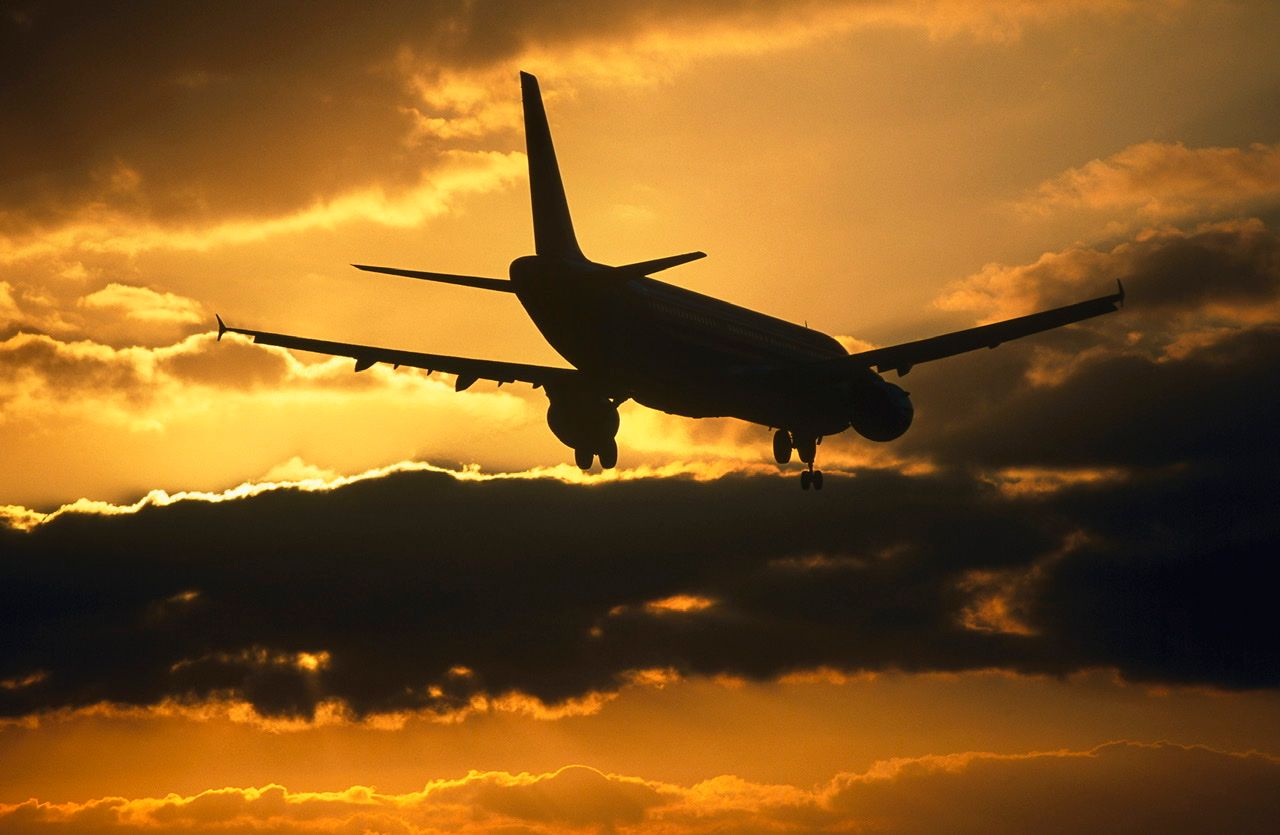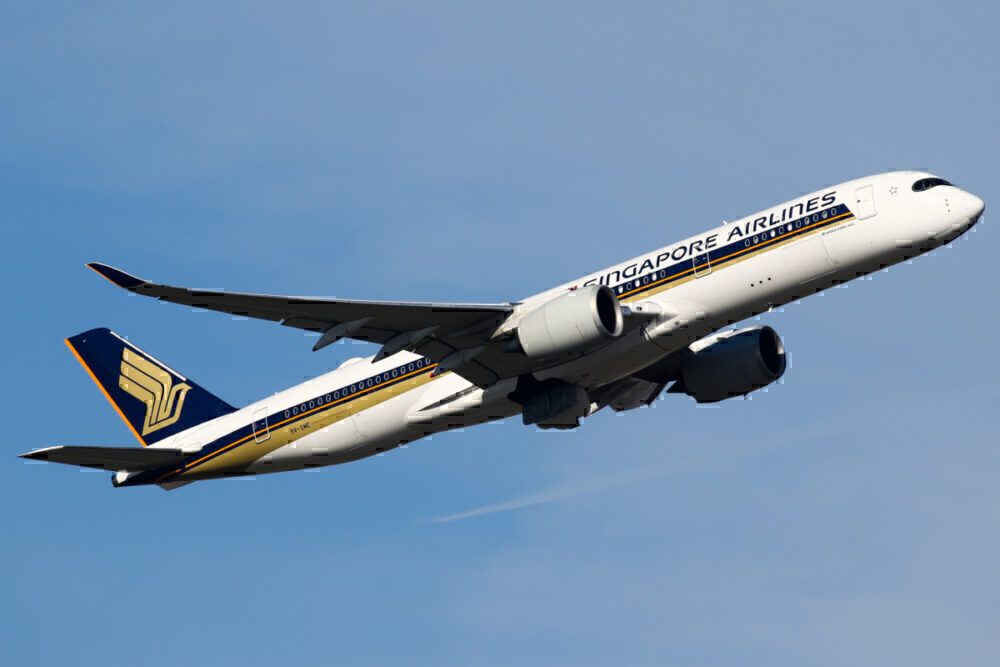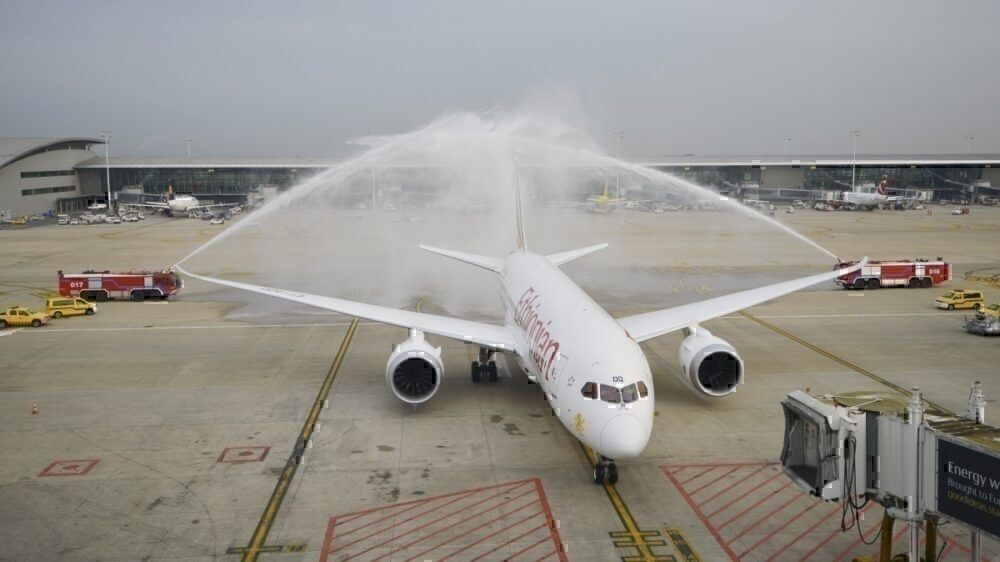The International Air Transport Association (IATA) today shared its full-year global passenger traffic results for 2020. As expected, the results are dire. Revenue passenger kilometers (RPKs) fell by 65.9% compared to the full year of 2019. This is by far the sharpest traffic decline in the history of commercial aviation. Moreover, forward bookings have been falling rapidly since late December 2020.
Down across the board
According to a press release seen by Simple Flying, overall international passenger demand in 2020 was 75.6% below that of the previous year. Capacity, measured in available seat kilometers (ASKs), declined by 68.1%, and load factor reduced by 19.2% to 62.8%.
Meanwhile, when it comes to domestic traffic, 2020 demand was down 48.8% compared to the year before. Additionally, capacity in this segment contracted by 35.7% and load factor fell by 17% to 66.6%.
The start of this year hasn’t been hopeful either. Future bookings made last month were down 70% compared to this time last year. IATA highlights that this aspect is putting even more stress on carriers and their cash reserves.
Another tough year
Altogether, when the pandemic first started, many airlines would have been expecting the current period to be a time of recovery, following the previous drop in activity and all the restrictions that were in place. There was a brief period of progress across several regions towards in the middle of last year. However, new virus outbreaks and strains have put the industry in a dark place once again
Alexandre de Juniac, IATA’s director general and CEO, admits that last year was a catastrophe. Moreover, he is concerned about the direction of the market amid the current climate.
“Optimism that the arrival and initial distribution of vaccines would lead to a prompt and orderly restoration in global air travel have been dashed in the face of new outbreaks and new mutations of the disease. The world is more locked down today than at virtually any point in the past 12 months and passengers face a bewildering array of rapidly changing and globally uncoordinated travel restrictions,” Juniac said.
“We urge governments to work with industry to develop the standards for vaccination, testing, and validation that will enable governments to have confidence that borders can reopen and international air travel can resume once the virus threat has been neutralized. The IATA Travel Pass will help this process, by providing passengers with an App to easily and securely manage their travel in line with any government requirements for COVID-19 testing or vaccine information. In the meantime, the airline industry will require continued financial support from governments in order to remain viable.”
Balance is needed
For this year, IATA has a baseline forecast of a 50.4% improvement on 2020 demand. This number would bring the market to 50.6% of 2019 activity. However, if further strict measures in response to the new variant continue, the industry may perform at just 38% of 2019 levels.
Stringent measures such as outright travel bans are making it increasingly difficult for carriers and passengers alike to hit the skies. It will be a while before society sees a change of momentum following the rollout of the vaccine. Until then, those needing to travel during these difficult times will be hoping for balanced measures to help them get to where they need to be safely. Perhaps, the digital travel pass can achieve this. Undoubtedly, IATA will be hoping to report much better figures this time next year.
What are your thoughts about IATA’s report regarding 2020 traffic levels? Do you feel that the situation will be similar with 2021’s results? Let us know what you think of the situation in the comment section.



